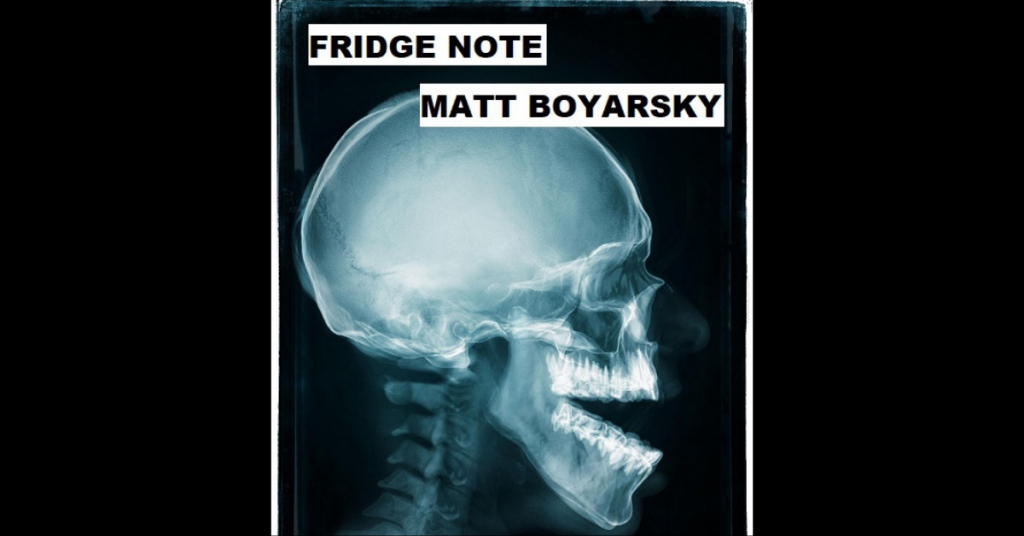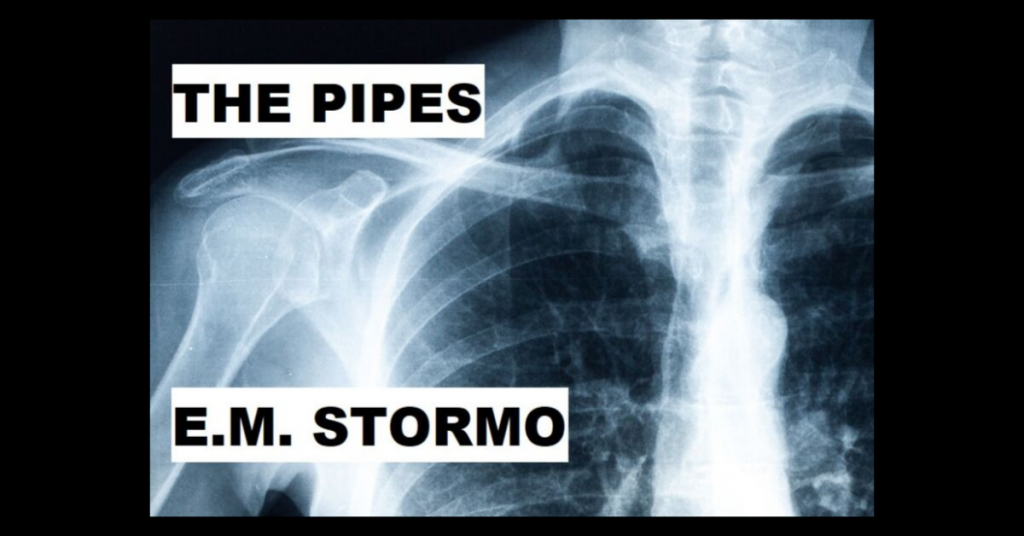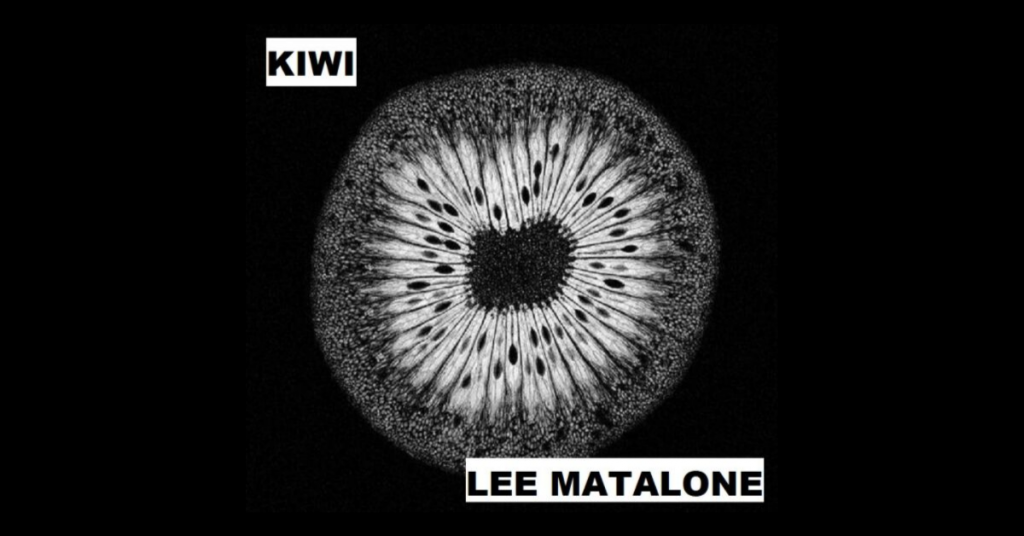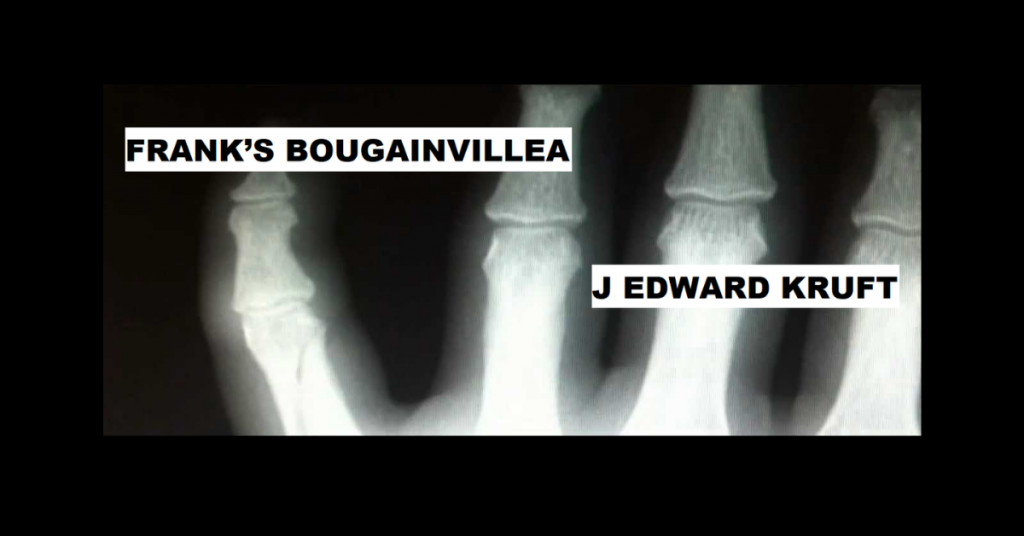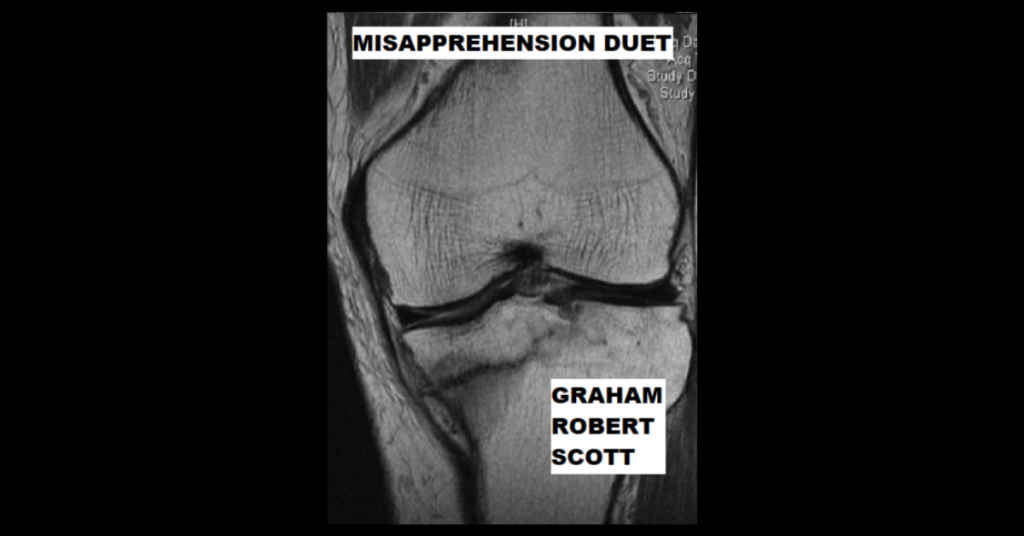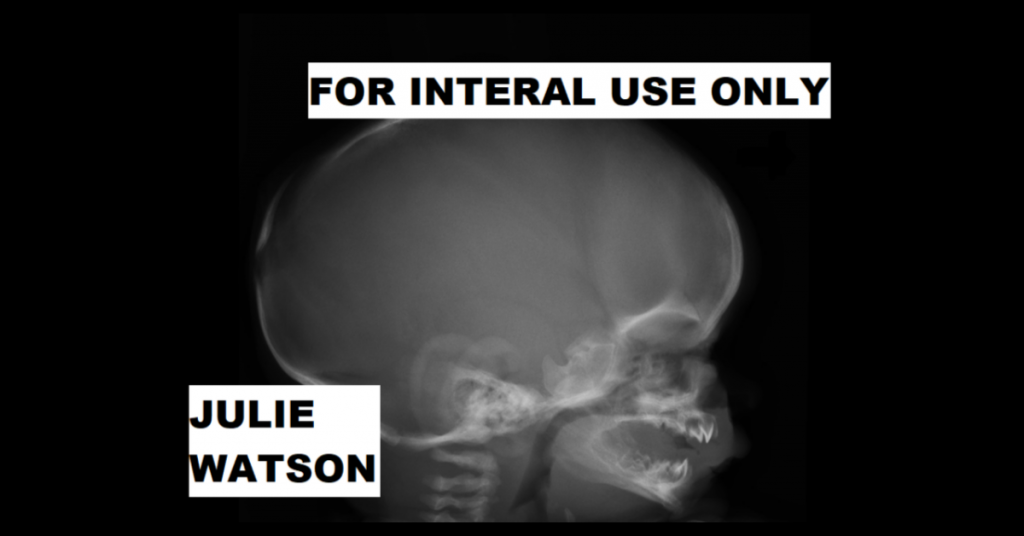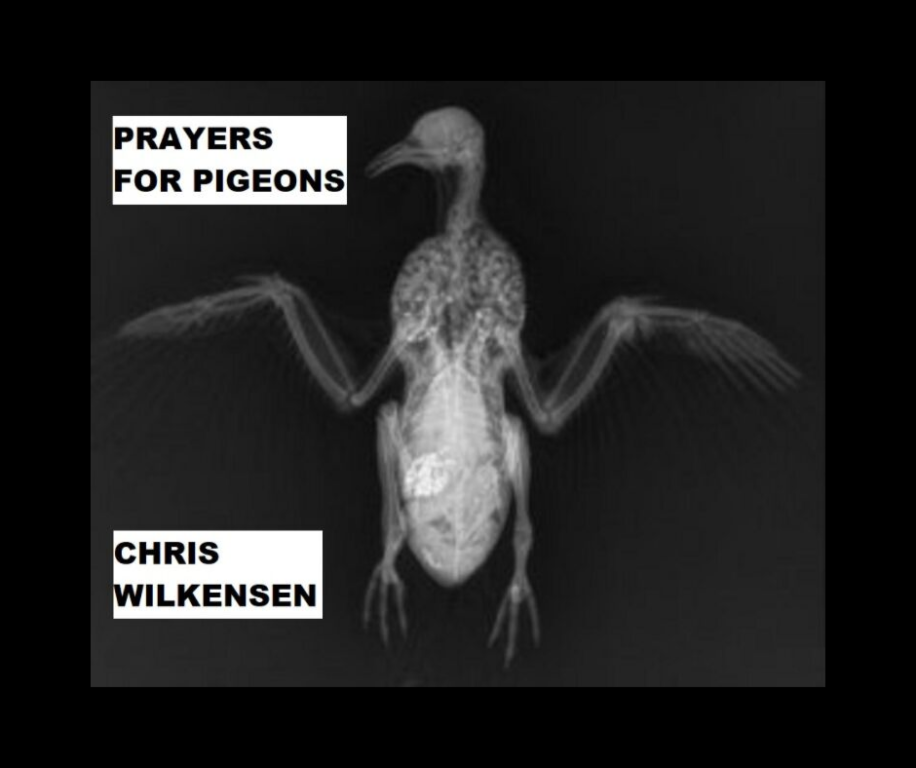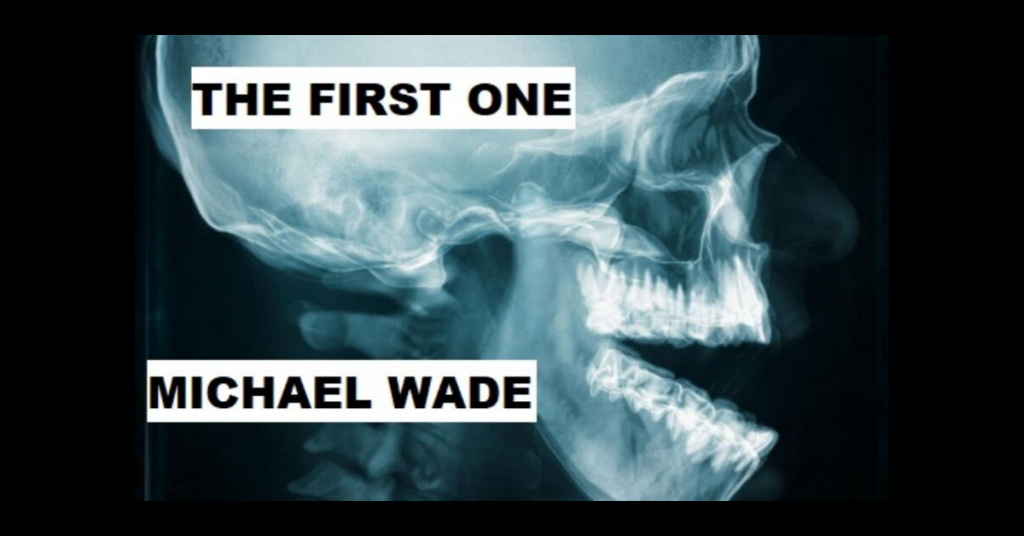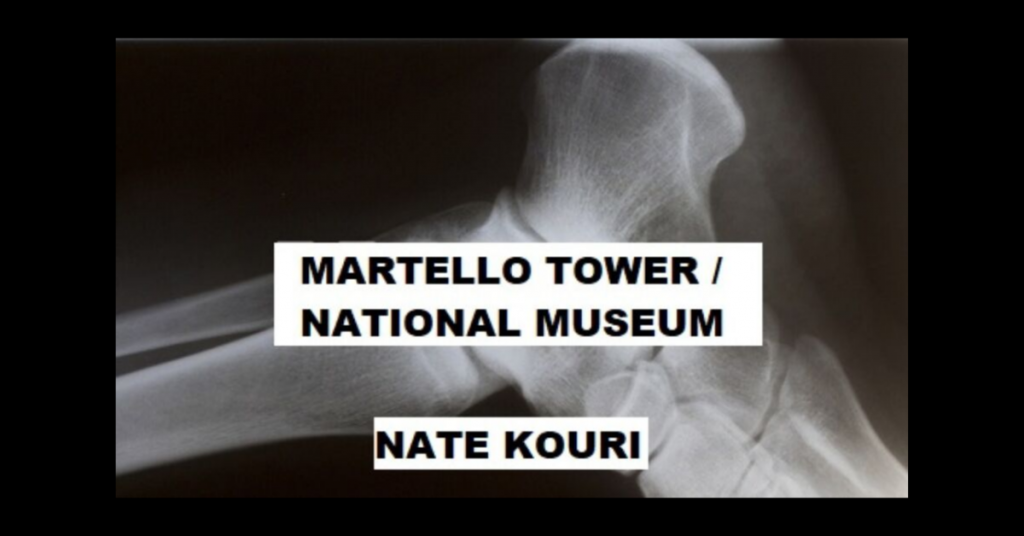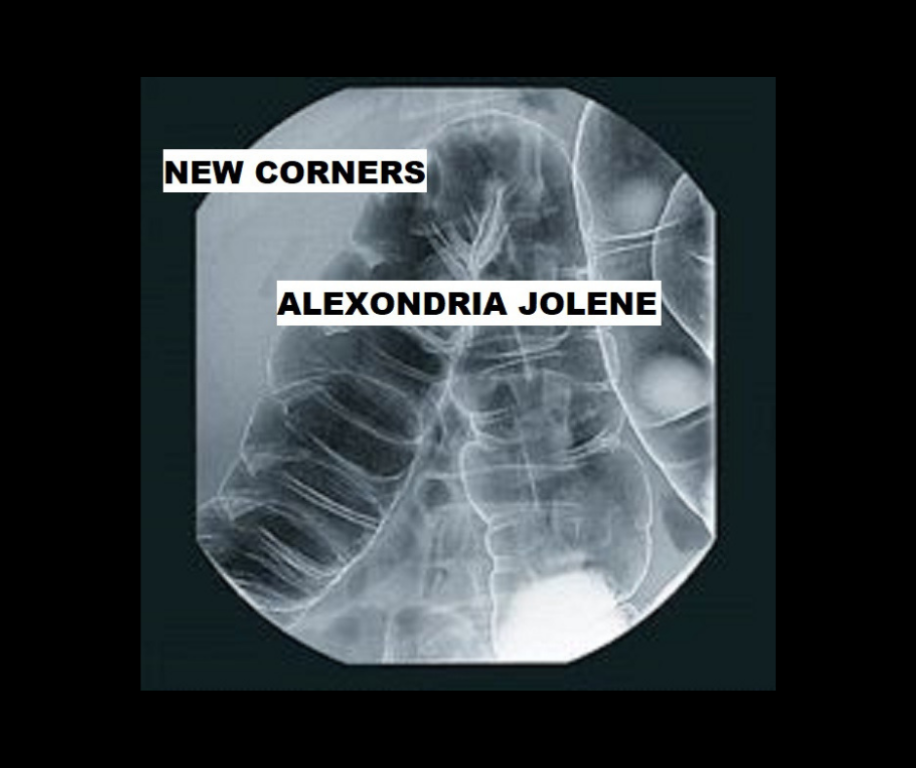
NEW CORNERS by Alexondria Jolene
The ocean goes unseen. Water scares her, she chokes as she sips it. She stays in her room while new people load in. It happens every few days. The room doesn’t have a window. The feeling of waves make her sick; she can’t stand to look at them in motion. A tiny pastel painting of a palm tree reminds her of one she saw in a doctor’s office as a child. Coiled on her bed, the silence strains her ears until horns and fireworks make tiny explosions. They sound small. They sound far. She steps into the hallway for some…

